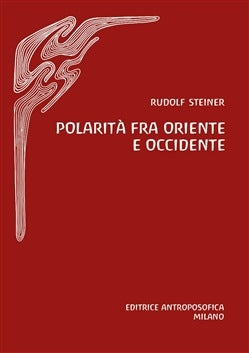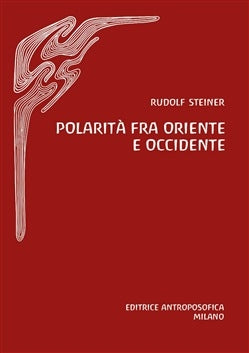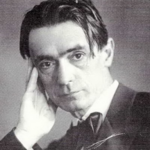Rudolf Steiner
was an Austrian philosopher, architect and reformist. He was the founder of anthroposophy, an esoteric current that mixes various dictates of the theosophical and German philosophical-idealist schools of the time. From the early years of his cultural education, Steiner aspired to find the perfect synthesis between mysticism and science.
This continuous research led him, after obtaining his doctorate, to move from Vienna to Weimar to work at the Goethe und Schiller Archiv, the Goethe archive. This work allowed him to publish the essay "Introduction to Goethe's Scientific Writings" and to develop his personal vision of the world.
In 1894, he published his most important essay, "The Philosophy of Freedom", which proposed a revolutionary concept for the time: the discovery that thought can lead to the realization of the spirit of the world.
The tome did not achieve much success but Steiner had created a solid foundation for the knowledge of the spirit, and he felt able to carry out his research in this field without any hesitation. Furthermore, the work on "The Philosophy of Freedom" allowed him to solve a series of enigmas about existence that had persecuted him for some time.
The insights contained in "The Philosophy of Freedom" are the basis of Steiner's legacy and have contributed essentially to the development of modern sciences. In particular of Medicine. In fact, Steiner was responsible for the Waldorf school movement, which created an educational approach based on understanding and love.
Today, Waldorf schools are all over the world.




